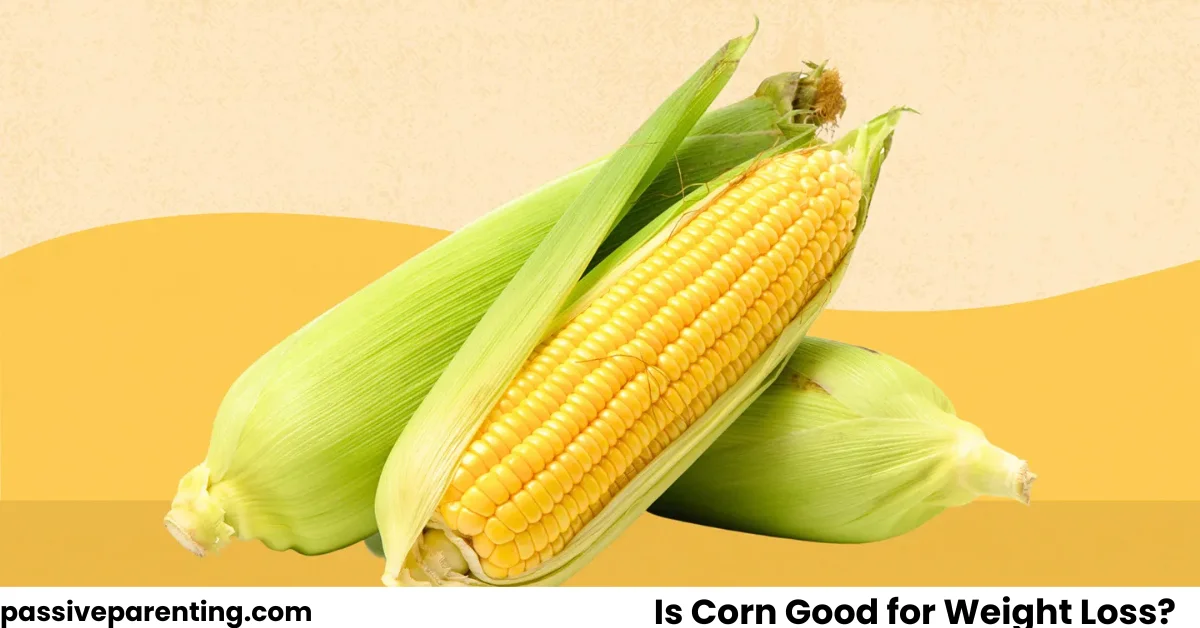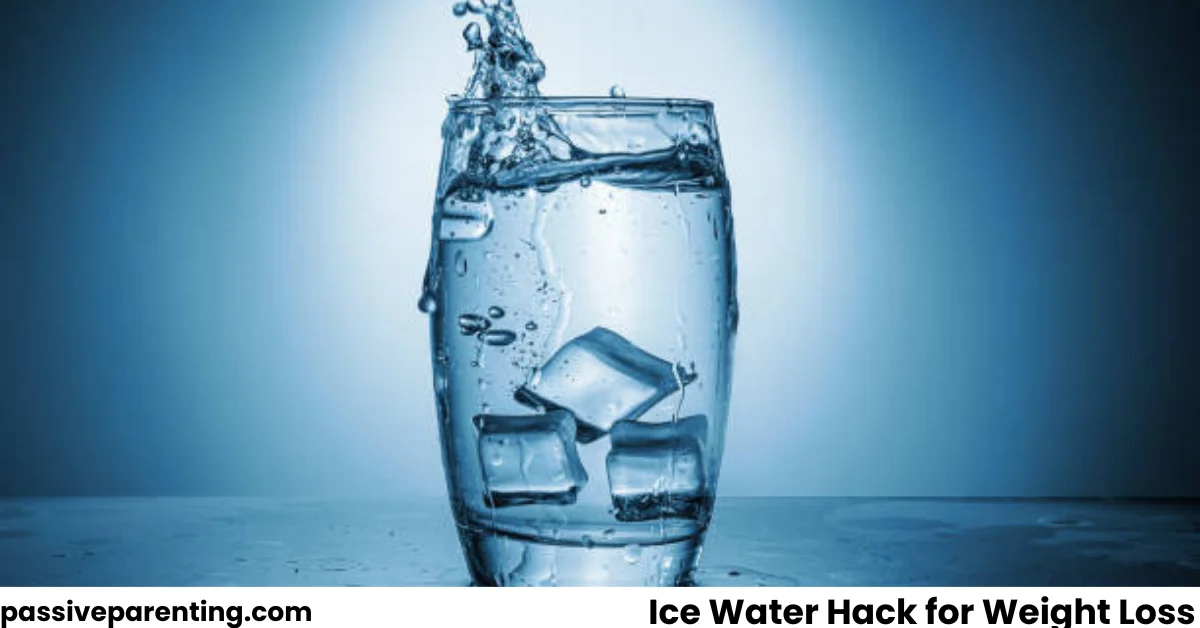Corn sparks a lot of debate among nutritionists and diet lovers: is corn good for weight loss or is it just another starchy food to avoid? In this article, we dive into what corn really offers, its calories, fiber content, effects on fullness, how it compares with other carbs and whether it can be part of a weight loss plan. You’ll also get practical ideas for including corn in your diet without compromising your goals.
Nutrition Profile of Corn: What You Get
To judge whether corn is helpful for weight loss, you need to understand what’s in it.
- A medium ear of sweet corn (raw) gives around 75–80 calories, 1 g fat, about 2–3 g of fiber, and 17–18 g carbohydrates. (source)
- Corn also offers vitamins like B1 (thiamin), folate, vitamin C; minerals such as potassium and magnesium.
- Different forms of corn (sweet corn, popcorn, cornmeal, roasted corn) vary in calorie density, fiber amount, and preparation method. The more processed, added sugar or fat involved, the higher the calories will be.
This means corn is neither “superfood” nor “forbidden” , its impact depends a lot on how much you eat and how you eat it.
How Corn May Aid Weight Loss
Satiety and Fiber
One of corn’s strongest points is fiber. Dietary fiber is known to slow digestion and help you feel full longer. In a study on satiety, resistant starch and corn bran (components of corn) were among those fibers that produced strong fullness signals after eating.
Also, Harvard’s reports on fiber emphasize that foods with moderate to high fiber content help reduce overall calorie intake by promoting fullness and reducing snacking. Corn (cooked) delivers fiber about 3–4 g per cup, helping contribute to those fullness effects.
Moderation in Calories
Because a medium ear of corn is relatively low in calories (~75 kcal), you can include corn without drastically increasing your daily calories, if you avoid heavy butter, sugar, or excessive oils. When corn replaces higher-calorie components of a meal, or adds bulk without huge calories, it may help in creating the calorie deficit needed for weight loss.
Nutrient Density
Corn isn’t just starch. It has nutrients that support metabolism and overall health, including B vitamins, antioxidants, and minerals. For example, the phytochemicals present in whole grains like corn may help in metabolic regulation and decrease risk factors associated with obesity according to research.
Potential Downsides & Caveats
Glycemic Load and Blood Sugar
Because corn is starchy, it has a higher glycemic index (GI) than many non‐starchy vegetables. For some people, especially those with insulin resistance or diabetes, corn may lead to quicker rises in blood sugar if eaten alone or in large portions. How you prepare corn (e.g., boiled vs processed) and what you eat with it (fats, protein, fiber) affect this impact.
Portion Control & Added Ingredients
Corn on the cob is quite different from creamed corn, corn syrup, or products high in added fats or sugars. Roasted corn with heavy oil or butter can significantly raise calories. The same applies to corn snacks which might be salted or fried. If weight loss is the goal, these must be limited. Nutrition information for roasted corn shows ~125 kcal for 3 oz with modest fiber (~1–2 g), which isn’t huge but can add up.
Corn vs. Other Carbohydrates: How It Stacks Up
If you compare corn to other carb-rich foods like white bread, potatoes, or rice:
- Corn offers more fiber per serving than many refined carbs.
- The satiety effect of corn (especially whole kernels, corn bran, or resistant starch from corn) tends to outperform foods that are quickly digested/refined. Research shows that corn bran and resistant starch helped increase fullness more than some low-fiber alternatives.
- On the other hand, certain refined corn products may behave more like high-GI foods and lose some of the benefits.
Hence, choosing whole corn forms (fresh, boiled, or minimally processed) is better for weight control than processed corn sweets, syrups, or snacks.
Real Research: What the Studies Say
- “Greater satiety response with resistant starch and corn bran” (HJ Willis et al., 2009). This randomized crossover study showed that among different fibers, corn bran and resistant starch produced stronger feelings of fullness than low-fiber treatments.
- Corn phytochemicals and their health benefits (S Siyuan et al., 2018). This review highlights that beyond fiber, the antioxidants and whole-grain nature of corn can contribute positively to metabolic health, which is relevant in weight loss.
- Foods high in fiber: Boost your health with fiber-rich foods from Harvard T.H. Chan School. This overview does not study corn alone but shows how high-fiber foods (corn being one) help reduce calorie intake and support weight management.
- Sweet Corn – Nutrition Facts, NC State Cooperative Extension. Provides the typical nutrition profile and reinforces that sweet corn is moderate in calories and gives fiber plus other nutrients.
- PLOS Medicine – Changes in Intake of Fruits and Vegetables and Weight (Bertoia et al., 2015). While this covers fruits/vegetables generally rather than corn specifically, the findings show that increases in high-fiber plant-based foods correlate with less weight gain over time. Corn as a vegetable/plant food fits into that pattern.
These authorities collectively support the idea that corn, especially in its less processed, whole form, can fit into a weight loss or weight maintenance diet.
How to Include Corn for Weight Loss: Practical Tips
Here are strategies to get benefits from corn without going overboard.
- Choose whole corn forms: corn on the cob, frozen or canned whole kernels (rinse canned corn to reduce added sodium).
- Limit processed or high-fat corn dishes: avoid creamed corn, heavy butter, high-sugar corn syrups, or fried corn snacks.
- Pair corn with protein and healthy fat: this helps slow glucose absorption and increases fullness (e.g., corn salad with beans or lean meat, corn + avocado, corn + grilled chicken).
- Watch portions: one medium ear, or about ½–1 cup cooked corn is reasonable depending on your daily caloric goal.
- Include corn as part of vegetables or whole grain servings: it counts toward both.
Who Might Want to Be Cautious
- If you have type 2 diabetes or insulin sensitivity, monitor how your blood sugar responds when eating corn, especially in forms with low fiber or high processing.
- If you’re following a low-carb or ketogenic diet, corn may be too high in carbs for your limits.
- If your goal is aggressive fat loss, high volume of any starchy food can add up in calories, so balance with non-starchy vegetables and lean proteins.
Conclusion
So, is corn good for weight loss? The answer is yes with intelligent use. Corn has beneficial fiber, modest calories, and helpful nutrients. When you eat it in its whole or lightly processed form, control portions, and combine it with protein and other fiber-rich foods, corn can be part of a healthy weight loss plan. It’s not magic, but it can help you stay full, eat less overall, and enjoy variety in your meals without derailing progress.
If you’re aiming for weight loss, consider making corn a regular but mindful part of your meals—not the centerpiece every time, but a valuable supporting actor.




